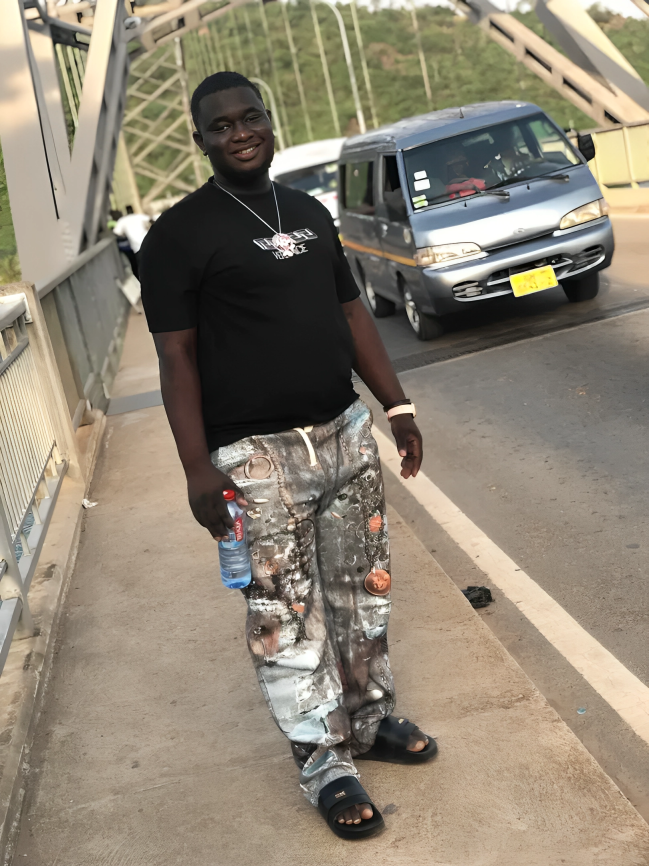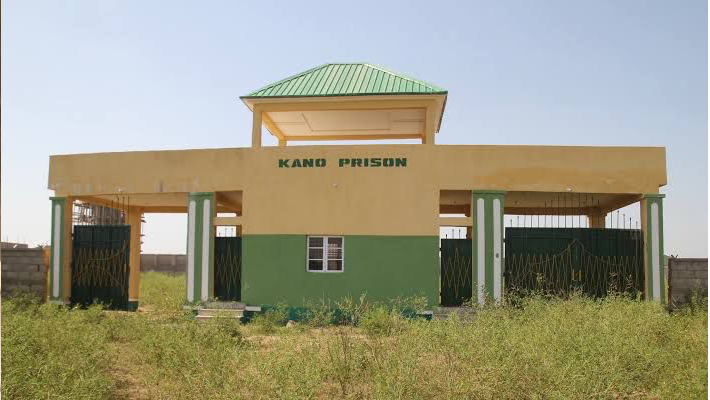Amos Chanda: A Man Without Loyalty, A Confession Without Consequence
By Alexander Vomo
Amos Chanda, the former Press and Public Relations Aide to President Edgar Lungu, has recently taken center stage in Zambian politics not for noble reasons, but for what appears to be a desperate attempt at self-preservation. His so-called “revelations” are not an act of courage or transparency but a calculated move to rewrite his own legacy while betraying the very principles he once claimed to uphold.
For years, Chanda was the mouthpiece of the Patriotic Front (PF), a staunch defender of Edgar Lungu’s presidency. He stood at the front lines, justifying policies, defending decisions, and silencing critics. Yet today, in a dramatic turn of events, he has become the very thing he once despised—a vocal critic of the administration he loyally served.
The irony is glaring: Chanda is now revealing “dark secrets” from his time in power, yet he was not merely an observer—he was an active participant. He has confessed to actions that, in any serious democracy, could be classified as treasonous—including usurping presidential powers for personal gain. These are not mere accusations from his opponents; they are his own admissions. If the UPND government truly believes in the rule of law, they should not be giving him a platform to cleanse himself in the court of public opinion. Instead, they should be handing him over to law enforcement for thorough investigation.
But the most troubling aspect of Chanda’s sudden “change of heart” is not just the confessions—it is his convenient timing. He is not exposing these alleged secrets out of a sense of duty to the people of Zambia. Rather, he is repackaging himself, attempting to align with the ruling government of President Hakainde Hichilema, hoping to find a place at the high table once again. If he could turn on Lungu so easily, what stops him from doing the same to Hichilema when it suits his ambitions?
In politics, loyalty defines a man. Chanda has shown that his loyalty is not to a cause, a leader, or the Zambian people—it is to himself. Today, he speaks against Lungu; tomorrow, he may speak against Hichilema. Such a man cannot be trusted. His words are not those of a whistleblower but of an opportunist, seeking relevance in a game where his influence has waned.
Zambians must ask themselves: Why now? Why is Chanda suddenly unearthing classified information that he swore to protect? If he truly had the nation’s best interests at heart, why did he not speak out when he had the power to make a difference? The answer is simple—his actions are not about justice, but about self-preservation.
If the rule of law is to mean anything in Zambia, then Chanda must not be treated as a political pawn. He must be held accountable for his confessions. True justice does not pick and choose when to act—it holds all guilty parties to the same standard, no matter their newfound alliances.
Chanda’s fate should serve as a lesson: Those who betray one master for personal gain will eventually betray the next. The question is—will Zambia allow itself to be deceived?
Should the Government Be Paying Attention to Amos Chanda?
Amos Chanda’s dramatic confessions have certainly stirred political debate, but the real question is—why should the Zambian people care? While Chanda seeks to cleanse himself in the public eye, ordinary Zambians are struggling to afford mealie meal, fuel, and basic necessities. The cost of living has skyrocketed, and the very campaign promises that brought UPND to power remain largely unfulfilled.
The bigger issue here is not Chanda’s betrayal of Edgar Lungu, but rather, the government’s failure to focus on what truly matters. If UPND has time to entertain a political opportunist like Chanda, then surely they have time to address the economic crisis facing the nation.
Instead of parading a self-confessed political mercenary before the media, the UPND government should be answering real questions:
• What happened to the promises of cheaper fuel and affordable mealie meal?
• Where are the jobs that were promised to young people?
• Why is the kwacha struggling despite all assurances of economic recovery?
• How does Amos Chanda’s political maneuvering help a struggling Zambian family put food on the table?
Amos Chanda is not Zambia’s problem—the economy is. If the UPND truly wants to win back public trust, they must stop entertaining political defectors and start delivering on their promises.
At the end of the day, no amount of political distraction can change the reality on the ground. Zambians are feeling the pain of economic hardship. Chanda may be making headlines today, but the cost of living crisis is what will determine the next election. If UPND does not refocus on the people’s needs, they risk losing more than just popularity, they risk losing power.










